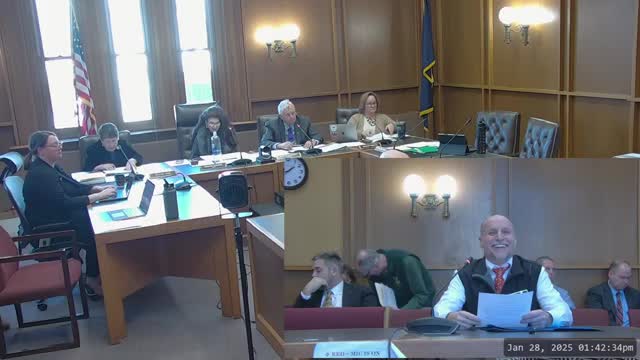Article not found
This article is no longer available. But don't worry—we've gathered other articles that discuss the same topic.
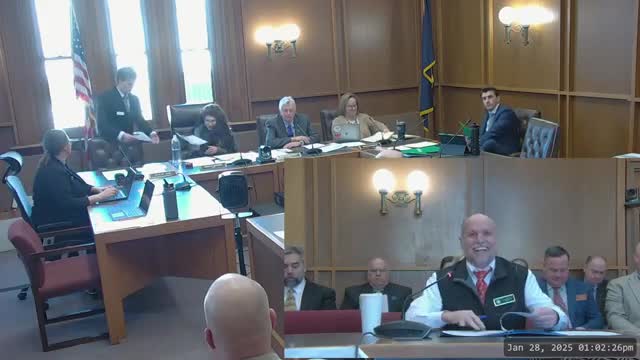
Senate committee hears divided views on bill to create state-run alternative to private driver’s ed
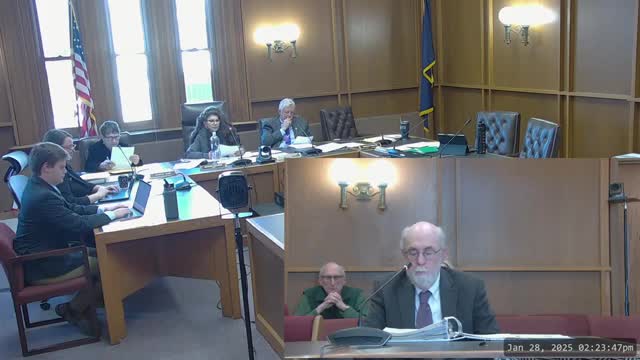
Senate hears bill to protect statewide boat-access decal funds and preserve federal match eligibility
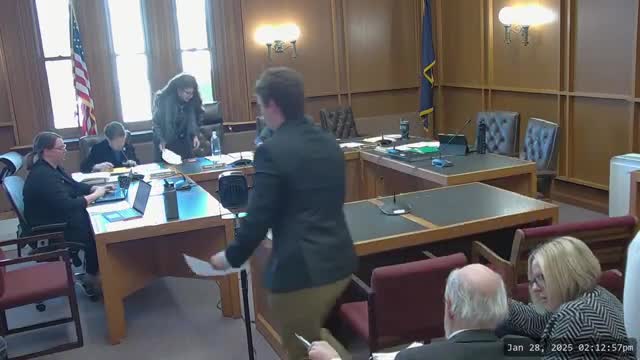
Committee hears bill to allow VA'evaluated permanently disabled veterans to receive parking placards without extra physician paperwork
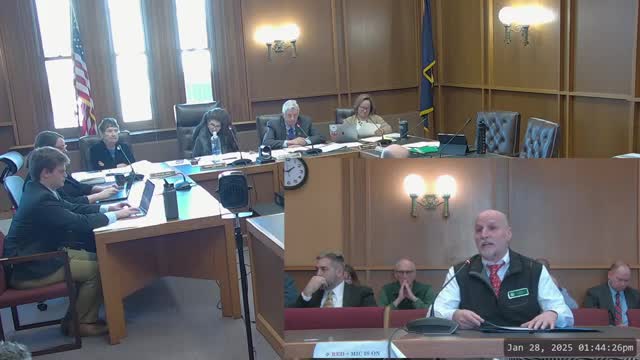
Senate committee hears bill to authorize optional mobile driver's licenses; DMV and director say system can be secure
